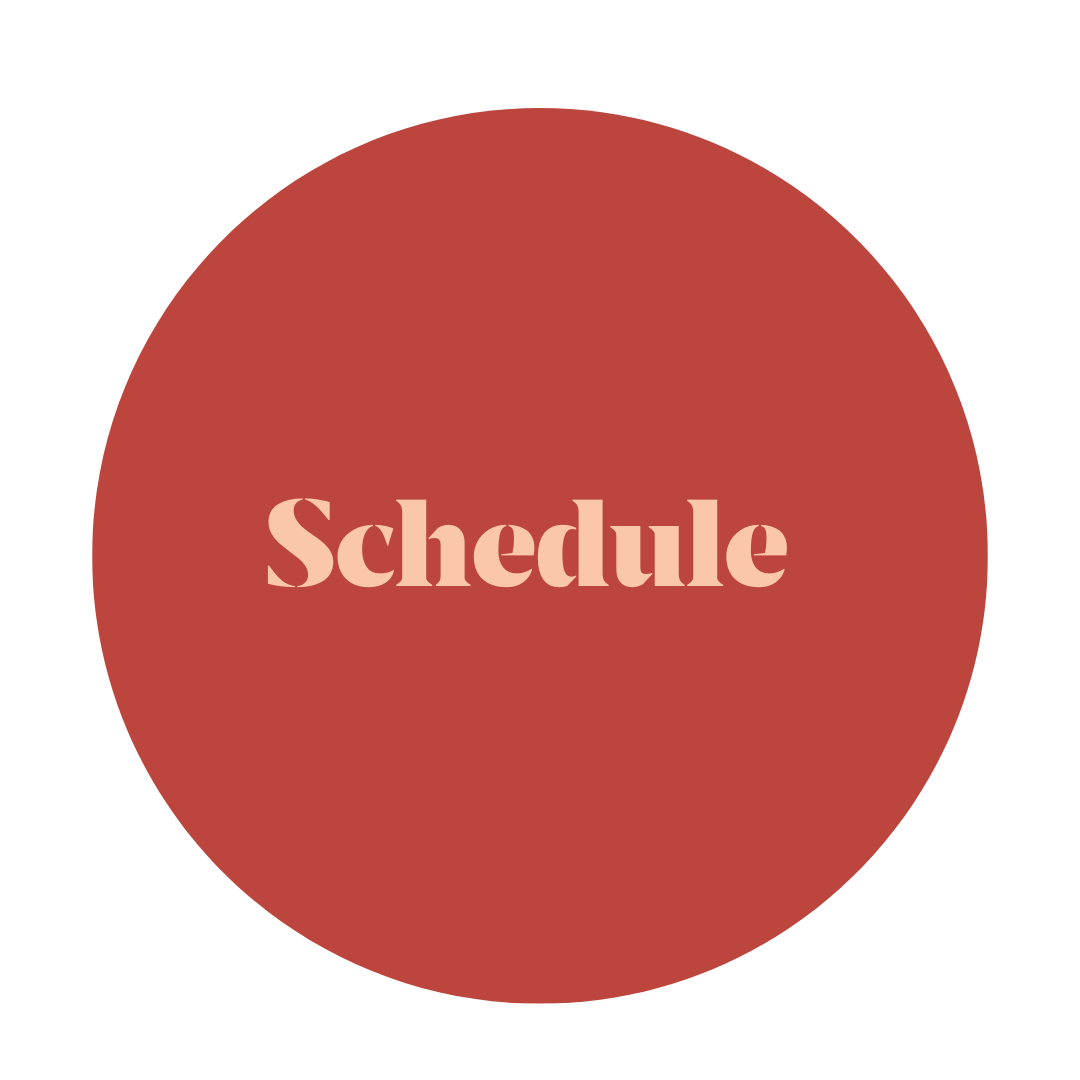E learning : Diversity & Inclusion
E learning: Diversity & Inclusion
Learning objectives
- Understand the concepts of diversity, inclusion and non-discrimination, and what is at stake in the corporate world.
- Become aware of the mechanisms and impacts of unconscious biases.
- Identify and understand the most widespread forms of discrimination in the workplace.
- Identify the right and wrong reflexes for reacting as a witness or victim of discrimination, and know who to contact.
Teaching and support resources
- Interactivity, quizzes
- Case studies and practical exercises
- Educational resources
Prerequisites
It is not necessary to have attended any previous training course.
Description
Whether in the public, private or professional sphere, there is still a long way to go to achieve greater diversity and inclusion.This e-learning focuses on the professional sphere to highlight a wide range of discrimination, sometimes benevolent or seemingly harmless, but always based on stereotypes linked to gender, cultural or ethnic origin, religious beliefs, sexual orientation, age, etc.
But where do stereotypes and biases come from? And where do they come into play, particularly in the workplace? What are the challenges for business and the economy, and why are governments around the world working to promote diversity? In short, why is a policy of diversity and inclusion a mean rather than an end?
The aim of this e-learning is to raise awareness and provide participants with tools they can use in their day-to-day working lives, all with a positive, never guilt-inducing or moralising approach.
Part 1: The major challenges of Diversity & Inclusion in the corporate world
- Key figures, legal framework, concepts and definitions
Part 2: Focus on different forms of discrimination
- Deepening the understanding of concepts and mechanisms by exploring four forms of discrimination: sexism, racism, ableism and LGBTphobia.
Part 3: Case studies and good practices
- How do stereotypes manifest themselves in our everyday working lives? How can we make a difference at our own level? How can we react as witnesses or victims of discrimination?




